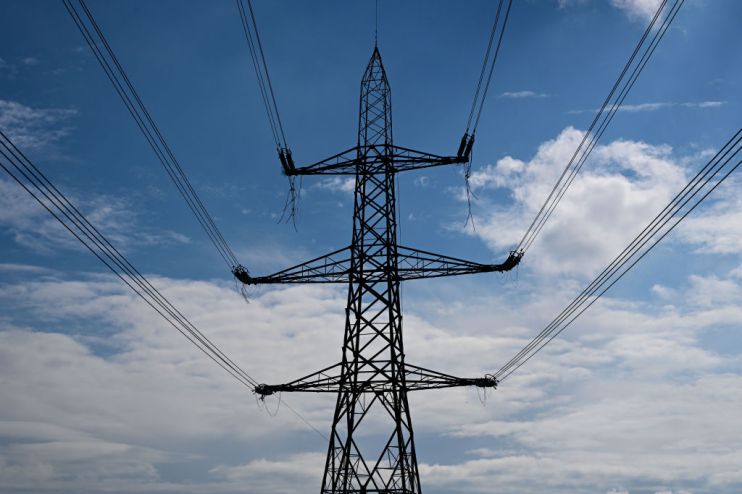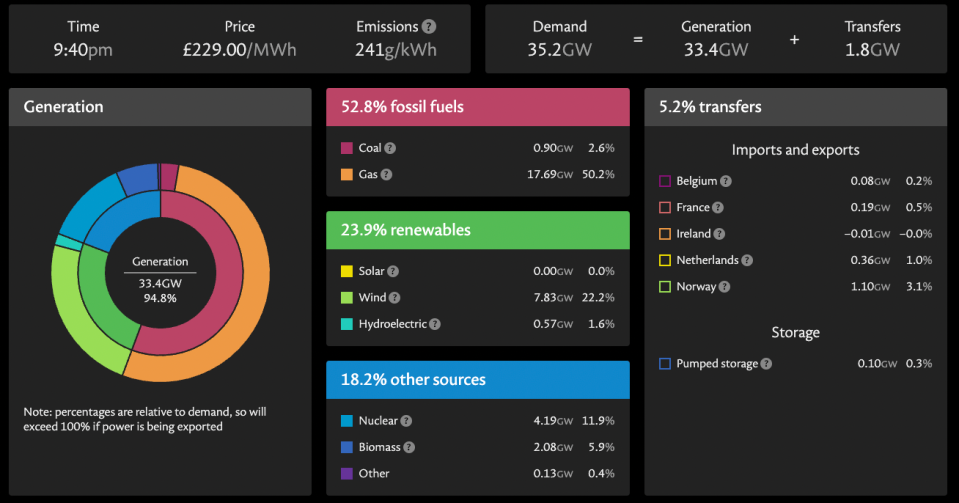National Grid stands down coal plants as it grapples with winter cold snap

National Grid stood down its order for two coal power plant units to be warmed up yesterday evening, easing concerns of a supply crunch this week following frosty weather last weekend and a drop in wind power generation.
This was the fourth time National Grid’s electricity system operator (NGESO) has turned to coal in the face of pressure on operating margins this winter before later standing down the order.
The two coal units placed on standby were EDF’s West Burton A plant and Uniper’s Ratcliffe-on-Soar plant, both in Nottinghamshire.
Five coal power units have been left operational over the winter as part of the the UK’s winter contingency plans.
A Met Office warning for cold weather remains in place until 6pm this evening.
It has also withdrawn its requirement for the Demand Flexibility Service to be kicked in tomorrow .
National Grid has previously asked suppliers to offer customers discounted bills in exchange for saving electricity during peak hours to reduce pressure on the UK’s creaking energy network.
The service was utilised over two days last month on January 23 and 24 for the first time – although the need for a third day this month now appears to have been repealed.

Wind’s slump worsens National Grid woes
Alongside colder weather, erratic wind power generation has tightened operating margins for the grid.
Wind is the UK’s leading source of renewable electricity generation in the country, often surpassing gas during the last two winters.
However, its output has been varied wildly in recent weeks.
Low-carbon power produced 82.5 per cent of Britain’s electricity from 27 December to 9 January, with wind consistency meeting half the country’s energy mix.
Earlier this month, winds power generated record amounts of energy earlier this week, topping 21GW for the first time ever on 10 January.

Yet, it is also susceptible to sudden large drop-offs, forcing the UK to import electricity from Europe or ramp up fossil fuel generation.
Wind generation dropped below 20 per cent in later spells last month amid little to no wind, and was sitting last night at 22 per cent compared 51 per cent for natural gas.
So far, National Grid has avoided the worst-case scenario in its winter outlook of rolling, regional blackouts.
Nevertheless, the country had to rely on last-minute supplies of power from the French and Dutch networks – which are supplied to the UK via undersea cables – during a supply scare last month.
National Grid blamed a fault on the network and confirmed that no homes lost power during the incident.